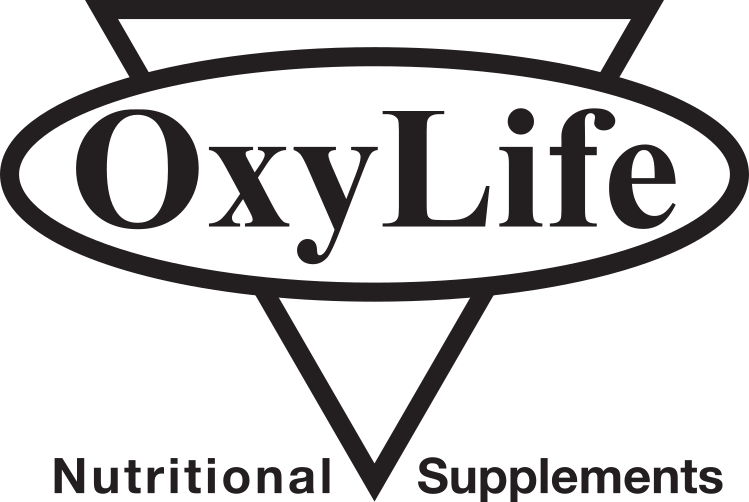Omega-3 fatty acids are found primarily in fish oil and certain marine algae. Because depression appears less common in nations where people eat large amounts of fish, scientists have investigated whether fish oils may prevent and/or treat depression and other mood disorders. Two omega-3 fatty acids — eicosapentaenoic acid (EPA) and docosahexaenoic acid (DHA) — are thought to have the most potential to benefit people with mood disorders.
How might omega-3s improve depression?
Different mechanisms of action have been proposed. For example, omega-3s can easily travel through the brain cell membrane and interact with mood-related molecules inside the brain. They also have anti-inflammatory actions that may help relieve depression.
More than 30 clinical trials have tested different omega-3 preparations in people with depression. Most studies have used omega-3s as add-on therapy for people who are taking prescription antidepressants with limited or no benefit. Fewer studies have examined omega-3 therapy alone. Clinical trials typically use EPA alone or a combination of EPA plus DHA, at doses from 0.5 to 1 gram per day to 6 to 10 grams per day. To give some perspective, 1 gram per day would correspond to eating three salmon meals per week.
Meta-analyses (research that combines and analyzes results of multiple studies) generally suggest that the omega-3s are effective, but the findings are not unanimous because of variability between doses, ratios of EPA to DHA, and other study design issues. The most effective preparations appear to have at least 60% EPA relative to DHA. While DHA is thought to be less effective as an antidepressant, it may have protective effects against suicide. Recent work at Massachusetts General Hospital and Emory University suggests that depressed individuals who are overweight and have elevated inflammatory activity may be particularly good candidates for EPA treatment.
Children and adolescents with depression may also benefit from omega-3 supplementation. At Harvard, there is a large study underway examining whether omega-3 supplementation (alone or in combination with vitamin D) can prevent depression in healthy older adults.
Omega-3s for other mental health conditions
Omega-3s have been studied in various mood disorders, such as postpartum depression, with some promising results. In bipolar disorder (manic depression), the omega-3s may be most effective for the depressed phase rather than the manic phase of the illness. The omega-3s have also been proposed to alleviate or prevent other psychiatric conditions including schizophrenia, borderline personality disorder, obsessive compulsive disorder, and attention deficit disorder. However, there is still not enough evidence to recommend the omega-3s in these conditions.
What dose of omega-3s is beneficial?
Doses for depression range from less than 1 g/day to 10 g/day, but most studies use doses between 1 and 2 g/day. In my practice, I recommend 1 to 2 g/day of an EPA+DHA combination, with at least 60% EPA, for major depression. I am more cautious in patients with bipolar depression, because the omega-3s may bring on mania, as can most antidepressants. In these individuals, I recommend using omega-3 cautiously, and preferably in combination with a prescription mood stabilizer.
Side effects and other safety considerations
Omega-3s are generally safe and well tolerated. Stomach upset and “fishy taste” have been the most common complaints, but they are less frequent now thanks to manufacturing methods that reduce impurities. Past concerns about omega-3s increasing the risk of bleeding have been largely disproven, but caution is still advised in people taking blood thinners or who are about to undergo surgery. As mentioned, caution is needed in people with bipolar disorder to prevent cycling to mania. Because omega-3s are important to brain development, and pregnancy depletes omega-3 in expectant mothers, supplementation should theoretically benefit pregnant women and their children. Fish consumption in pregnancy is supported by the FDA, but because we do not have long-term data on safety or optimal dosing of omega-3s in pregnancy, expectant mothers should consider omega-3 supplements judiciously.
The bottom line on omega-3s and mental health
Omega-3 fatty acids are promising natural treatments for mood disorders, but we need more research about how they work, how effective they really are, and their long-term safety before we can make conclusive recommendations for people managing mental health conditions or who wish to improve mood.







Leave a reply